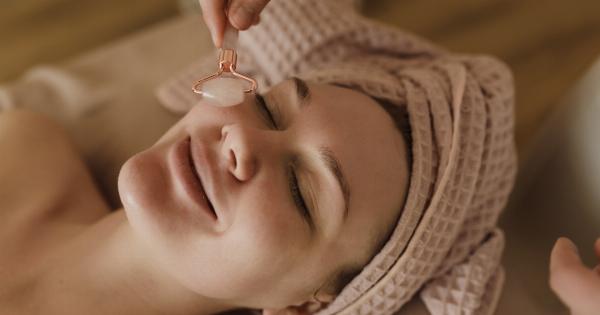Summer means spending more time outside, and that also means being exposed to more sun. While sunlight is essential for our health, too much sun exposure can cause skin damage, including sunburn.
Sunburn is the result of the skin getting too much UV radiation, and it can range from mild redness to painful blisters.
Fortunately, there are ways to avoid sunburn and treat it if you do get burned. In this article, we’ll explore some effective ways to stay safe in the sun.
1. Wear Sunscreen
Sunscreen is the easiest and most effective way to protect your skin from the sun’s UV radiation. Choose a broad-spectrum sunscreen with an SPF of at least 30.
Apply it at least 15 minutes before going outside, and reapply every two hours or more often if you’re swimming or sweating.
Make sure to apply sunscreen to all exposed areas, including your face, ears, neck, arms, and legs. Don’t forget your lips, either – look for a lip balm with SPF protection.
2. Seek Shade
Another way to avoid sunburn is to seek shade whenever possible. If you’re out in the sun, look for a shady spot under a tree or umbrella. Wear a broad-brimmed hat and long-sleeved clothing to protect your skin from UV radiation.
3. Avoid Peak Sun Hours
The sun is strongest between 10 a.m. and 4 p.m., so try to limit your sun exposure during these hours. If you must be outside during peak sun hours, make sure to wear sunscreen and seek shade whenever possible.
4. Stay Hydrated
Dehydration can make your skin more susceptible to sunburn, so make sure to drink plenty of fluids, especially water. Avoid sugary drinks and alcohol, which can actually dehydrate you further.
5. Treat Sunburn With Aloe Vera
If you do get sunburned, don’t panic. There are plenty of home remedies that can help ease the pain and inflammation. Aloe vera is one of the most effective treatments for sunburn, thanks to its cooling and moisturizing properties.
Apply aloe vera gel directly to the sunburned area, and repeat every few hours as needed. You can also try soaking in a cool bath with added oatmeal or baking soda to soothe your skin.
6. Take Over-the-Counter Pain Relievers
Over-the-counter pain relievers like acetaminophen or ibuprofen can help ease the pain and inflammation of sunburn. Make sure to follow the directions on the label and don’t exceed the recommended dosage.
7. Avoid Certain Products
When you have sunburn, there are certain products you should avoid. Steer clear of harsh soaps, exfoliants, and fragrances, which can irritate your already-sensitive skin. Opt for gentle, fragrance-free creams and lotions instead.
8. Don’t Scratch or Pop Blisters
If your sunburned skin develops blisters, don’t try to pop or scratch them. This can lead to infection and scarring. Instead, cover the blisters with a clean, dry bandage, and let them heal on their own.
9. Talk to Your Doctor
If you have a severe sunburn, or if you experience symptoms like fever, chills, dizziness, or nausea, seek medical attention immediately. These can be signs of heat exhaustion or heatstroke, which can be very serious.
Your doctor can also recommend over-the-counter or prescription treatments for your sunburn, as well as advise you on how to avoid future sun damage.
10. Prevention is Key
The best way to avoid sunburn is to prevent it from happening in the first place. By taking a few simple steps – like wearing sunscreen, seeking shade, and staying hydrated – you can enjoy the summer sun safely and without pain.
Remember, sunburn is not only painful but also damaging to your skin in the long term. By protecting your skin from UV radiation, you’re also reducing your risk of skin cancer – so be safe, and enjoy the sun responsibly!.


























